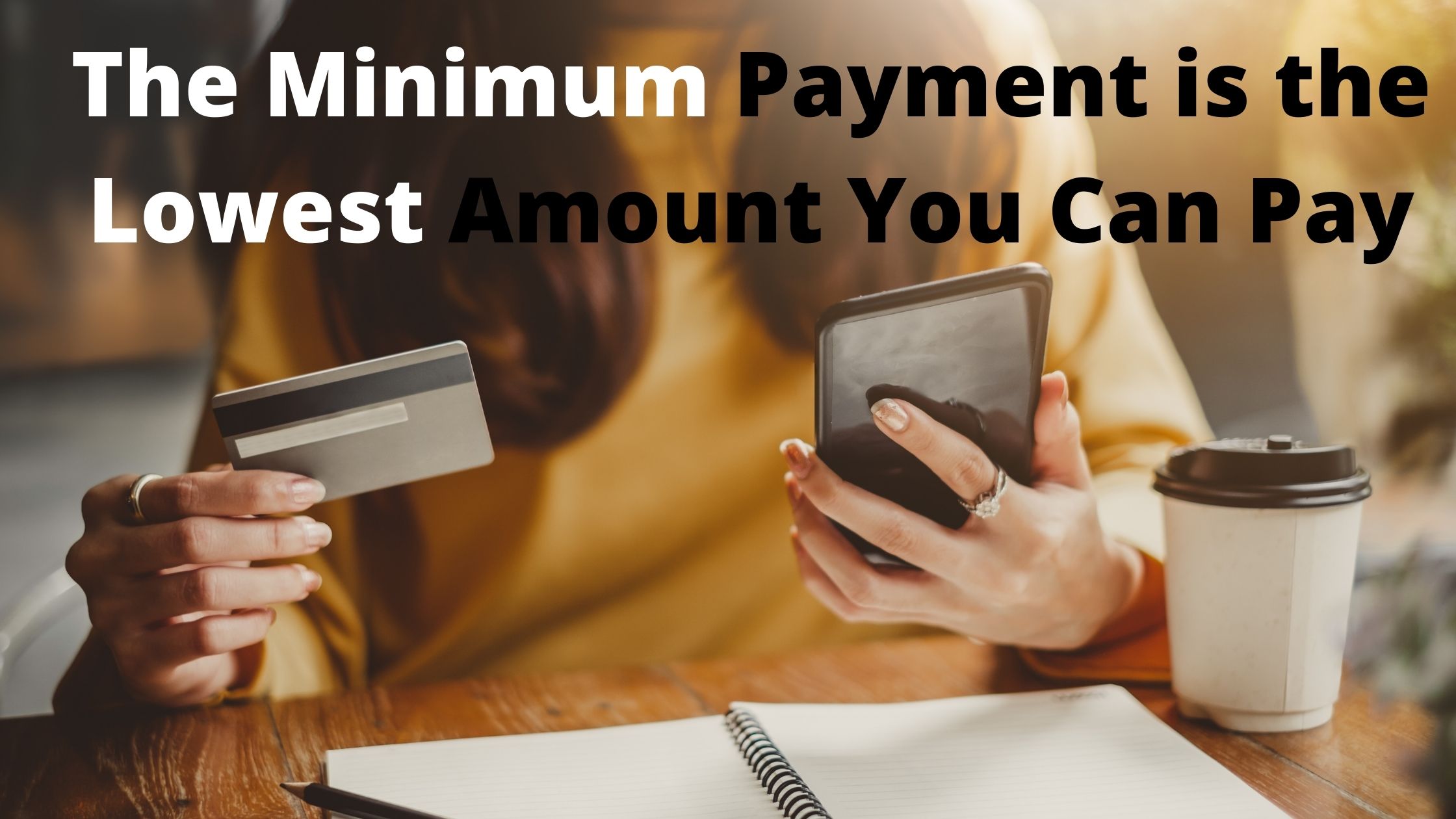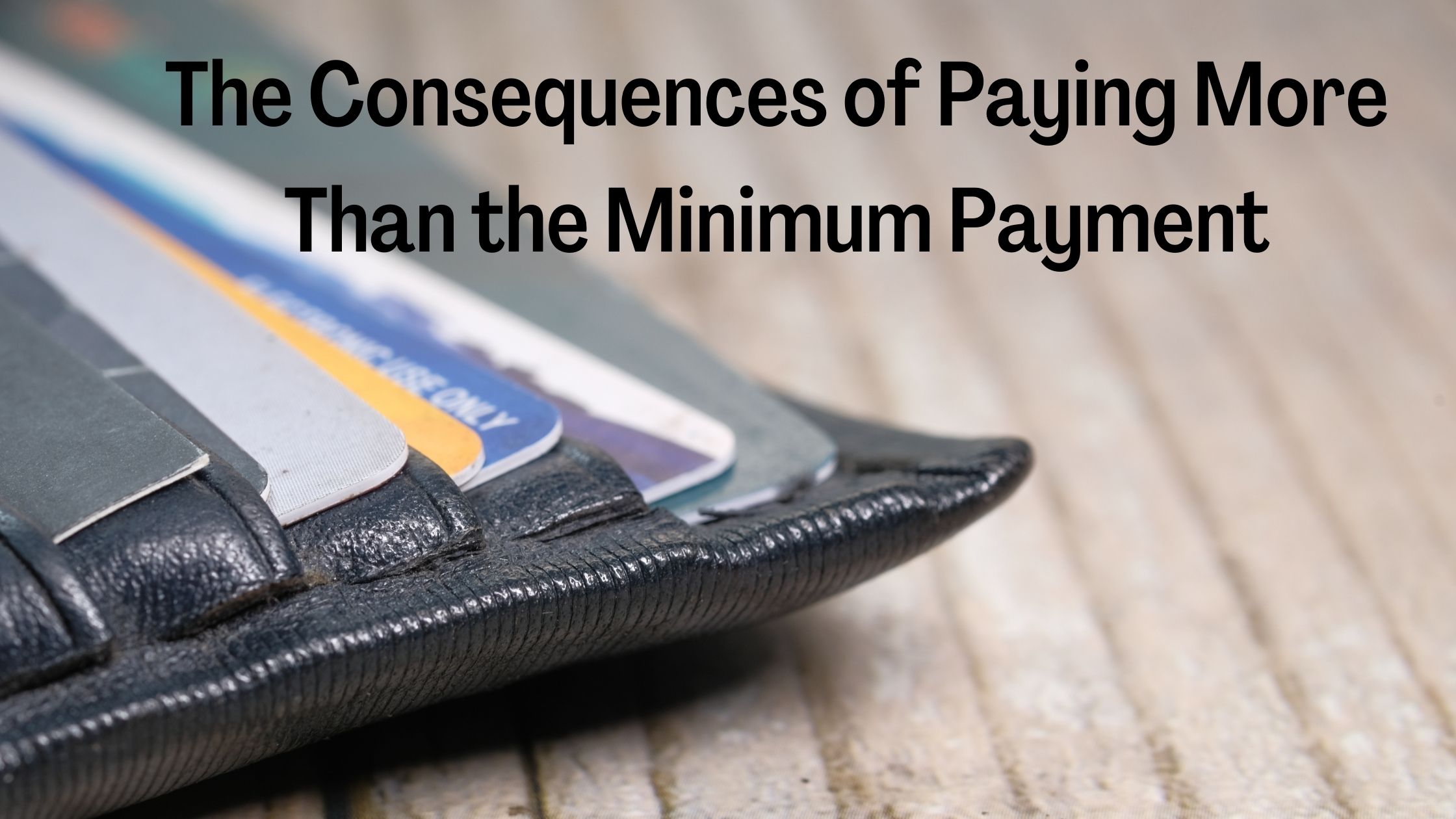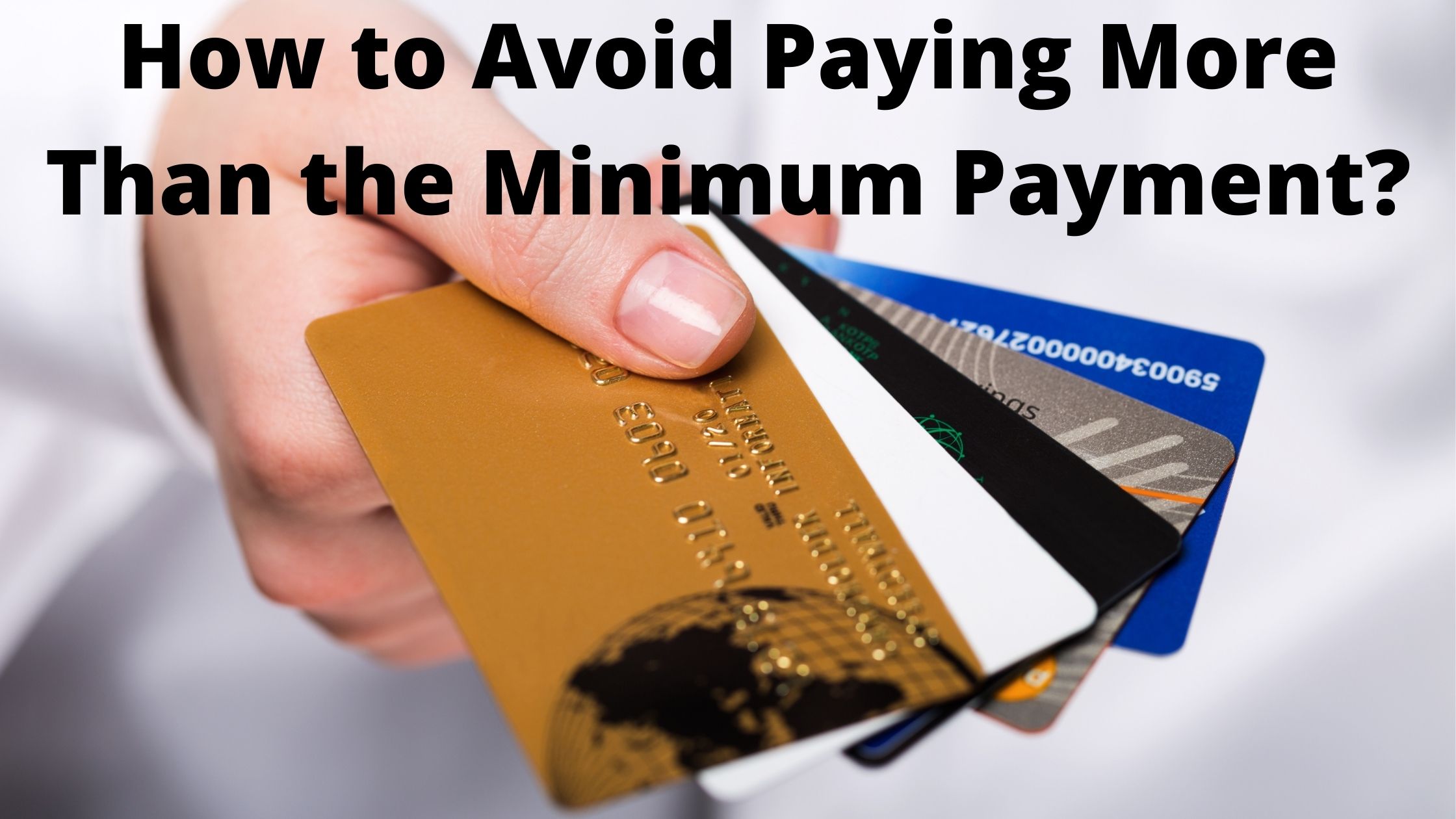If you’ve ever been in debt, you know that it’s important to pay more than the minimum payment each month. But what happens if you do? What are the benefits and drawbacks of paying more than the minimum payment?
The Minimum Payment is the Lowest Amount You Can Pay

If you’re only making the minimum payment on your credit card, you’re not doing yourself any favors. The minimum payment is the lowest amount you can pay, and it’s usually a very small percentage of your overall balance. That means most of your payment is going towards interest, and it could take years to pay off your debt if you keep this up.
There are two things you should do if you find yourself in this situation. First, try to increase your payment so you’re paying more towards the principal balance. Second, consider transferring your balance to a card with a lower interest rate. This will help you get out of debt faster and save money in the long run.
The Consequences of Paying More Than the Minimum Payment
If you find yourself in a situation where you can afford to pay more than the minimum payment on your credit card, you should absolutely do so. Here’s why: by paying more than the minimum, you’ll save money on interest and pay off your debt faster. It’s really that simple.

Of course, life doesn’t always cooperate and there may be times when all you can afford is the minimum payment. That’s okay – just be sure to get back on track as soon as possible. The longer you carry debt, the more it will cost you in interest. So if you can swing it, paying more than the minimum is always the best option.
How to Avoid Paying More Than the Minimum Payment
If you’re like most people, you probably have a credit card or two that you use on a regular basis. And if you’re like most people, you probably have a balance on those cards that you’re working to pay off. Making the minimum payment each month is an easy way to stay current on your payments, but it’s not the best way to get out of debt. In fact, if you only make the minimum payment each month, it will take you much longer to pay off your debt and you will end up paying more in interest. Here are a few tips to help you avoid paying more than the minimum payment:

1. Know your interest rate: This is important because the higher your interest rate, the more money you’ll ultimately pay in interest. If you have a high interest rate, try to transfer your balance to a card with a lower rate.
2. Make more than the minimum payment: Even if it’s just $10 more than the minimum payment, making additional payments will help reduce your overall debt and help you save on interest.
3. Avoid using your credit card: If you can’t seem to stop using your credit card, cut it up or freeze it in a block
Conclusion
If you’re like most people, you probably have a few credit cards that you use for everyday expenses. It can be tough to pay off your balance in full each month, but it’s especially important to do so if you’re carrying a high-interest rate card. If your card has a promotional offer that lets you make more than the minimum payment every month, it’s important to understand the risks involved.
Paying more than the minimum on your credit card each month can increase your risk of getting into debt and/or having your credit score impacted. Not only will this impact your current financial situation, but it could also prevent you from being approved for future credit cards with higher interest rates. If this sounds like something that would bother you and negatively affect your quality of life, then it might be worth considering how paying extra on your card will Affect You Instead.